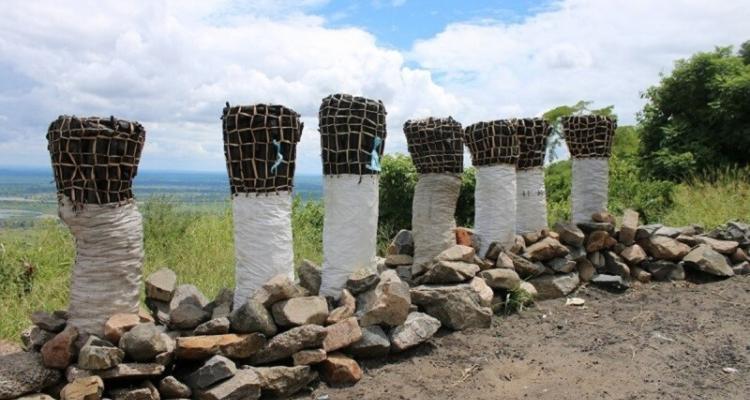
As Malawi seeks to increase access to clean and affordable energy to protect the environment, experts are describing the recent electricity tariff increase as very retrogressive.
On Friday 10 November, 2023, the Malawi Energy Regulatory Authority announced an upward electricity tariff adjustment from K123.26 to K173.70/kWh which is said to be a result of Tuesday, 8th November’s 44 percent devaluation of the Malawian Kwacha.
Commenting on the tariff increase, renowned environment activist Mathews Malata said the hike is likely to compromise efforts to increase access clean and affordable energy sources as per the objectives of Access to Clean and Renewable Energy (ACRE) Project.
He said the current situation is because authorities did not think of best strategies to avoid it. While describing the upward increase as horrific, Malata said new electricity tariff will promote deforestation as more Malawians will continue taking the use of electricity for cooking as very expensive.
“The longer you wait, the greater the sacrifices. We waited too long, we did not have a very good strategy and execution has been amateurish. The scary thing is the fact that our Central Bank is still in a state of delusion and has catastrophically failed to deploy realistic stabilisation policies that could have mitigated the impacts and somehow keep the economy humming.
“With such horrific upward adjustment of things including electricity tariffs, it makes the fight against Deforestation more complex thereby eroding small gains registered. It makes it difficult to accelerate provision of clean and affordable energy to all Malawians including the vulnerable and rural poor,” reacted Malata.
While faulting responsible ministries for losing control of the situation which he said will be very hard to recover from, Malata urged such ministries including the ministry of energy to make sure that Automatic Tariff Adjustment Formula (ATAF) is not applied.
“In this case, we want the Minister in consultation with his bosses to arrange that the ATAF system should not apply and be suspended forthwith to ensure the cost of power is maintained. We are losing billions of Kwacha to flimsy exercises and I think we can invest those resources in schemes that could cushion Malawians from these harsh experiences,” he added.
The activist further said what is making a lot of people mad is the fact that it seems citizens are living in two different worlds with their leaders and have stopped listening or simply do not care at all.
Meanwhile, the Parliamentary Committee on Climate Change and Natural Resources says it will summon the Electricity Supply Corporation of Malawi this week to explain the connection between devaluation and an increase in the electricity tariff.
Chairperson for the committee, Werani Chilenga, who was speaking to the local media after the tariff increase, agreed with Malata that the hike derails efforts to conserve the environment and fight climate change.
According to UNDP, Malawi’s energy consumption pattern shows a continued heavy dependence on primary energy, and cumulatively, access to electricity is just at 18%, with grid electricity contributing 11.4% while off grid solar photovoltaics accounting for the remaining 6.6% and the access rate for electricity in the rural areas is even lower at 3.9%.
Over 97% of the population still resort to biomass as the main source of energy for cooking, a scenario which contributes to deforestation of natural woodlands and consequent soil erosion of bare grounds, siltation of water courses, flooding and variation of the river morphology thereby affecting power generation as over 80% is hydro.
Only 1.79% of Malawians use electricity as their source of energy for cooking and heating due to the perception that cooking using electricity is expensive and the recent electricity tariff hike is against ACRE Project objective which seeks to increase access to clean, affordable, reliable, and modern energy by enhancing the sustainability, efficiency and cost-effectiveness of energy technologies.














